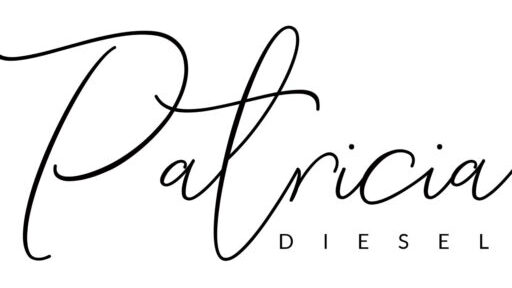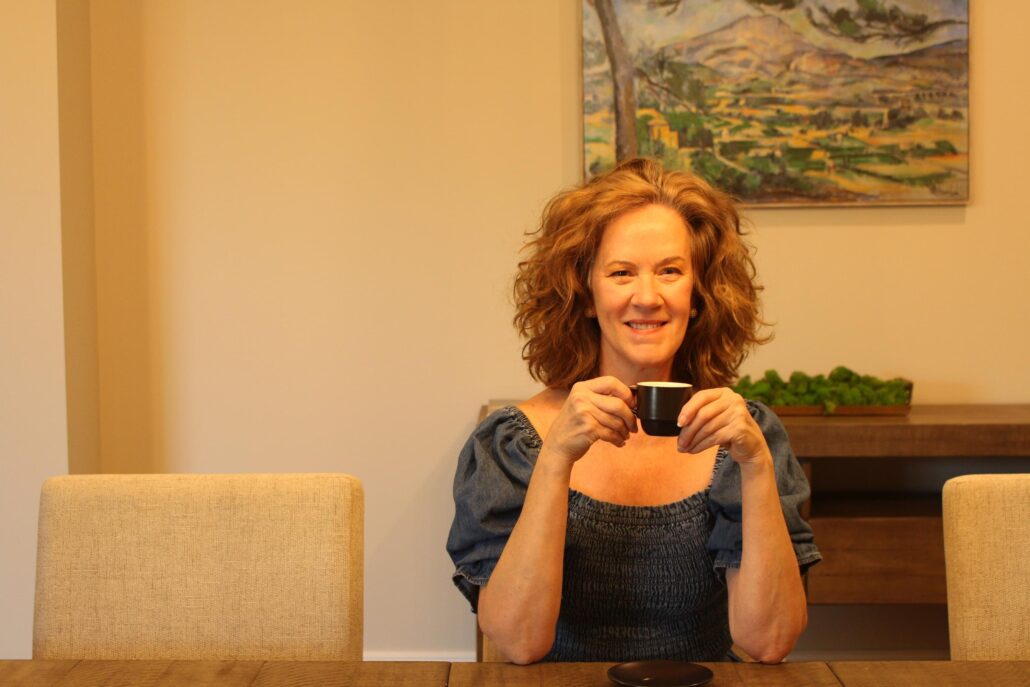We’re living in a time of quiet exhaustion.
Not the kind that makes headlines or sparks productivity hacks—but the kind that settles in silently and stays.
It’s the exhaustion that comes from constantly doing, deciding, juggling, managing.
It’s waking up tired and going to bed with your mind still racing.
It’s opening a drawer and feeling defeated. Not because of the drawer, but because of everything it represents.
People often come to me thinking they need help with their clutter. And yes, sometimes it starts there.
But very quickly, we uncover what’s beneath it:
- The weight of expectations
- The constant decision fatigue
- The silent pressure to hold everything together
That’s why I speak about intentional living and simplicity—because the problem isn’t just stuff. It’s everything that comes with it.
What I’ve learned—after decades of working with people in their homes, offices, and private moments—is that we all crave the same thing:
A little peace. A little space. A little clarity.
And we don’t always know how to get there.
We’ve been told we need better routines, more time, tighter systems.
But I don’t think we need more. I think we need less.
Less noise.
Less guilt.
Less clutter—physical, mental, and emotional.
What I offer isn’t a quick fix.
It’s not a 10-step program or a color-coded calendar.
What I offer is hope. A way to understand what’s really going on underneath the overwhelm—and a path forward that’s honest, grounded, and possible.
💡 Consider this:
- 77% of adults say stress affects their physical health
- 73% say it impacts their mental well-being
- 86% feel overwhelmed by some form of clutter
It’s no wonder so many people feel disconnected, scattered, or “not themselves.” We’re holding too much, trying to do too much, and never getting to what matters most.
But when we take even a small step toward intentional living, something shifts.
We reclaim a bit of ourselves.
We soften.
We breathe.
I speak because I want people to know they’re not alone in this.
That what they’re feeling makes sense.
That there’s a way through it that doesn’t involve doing more—but choosing differently.
And when I walk off the stage or end a workshop, the comments I hear aren’t about systems or storage.
They’re about how it felt to be seen.
To hear their inner world reflected back to them with compassion.
To finally have language for something they’ve carried silently for too long.
If this message speaks to you—or you think your team, community, or audience would benefit from it—I’d love to connect.
But even more than that, I hope this post gave you a small moment of relief.
To know that you’re not the only one feeling this way.
And that simplicity isn’t about giving things up. It’s about getting your life back.



